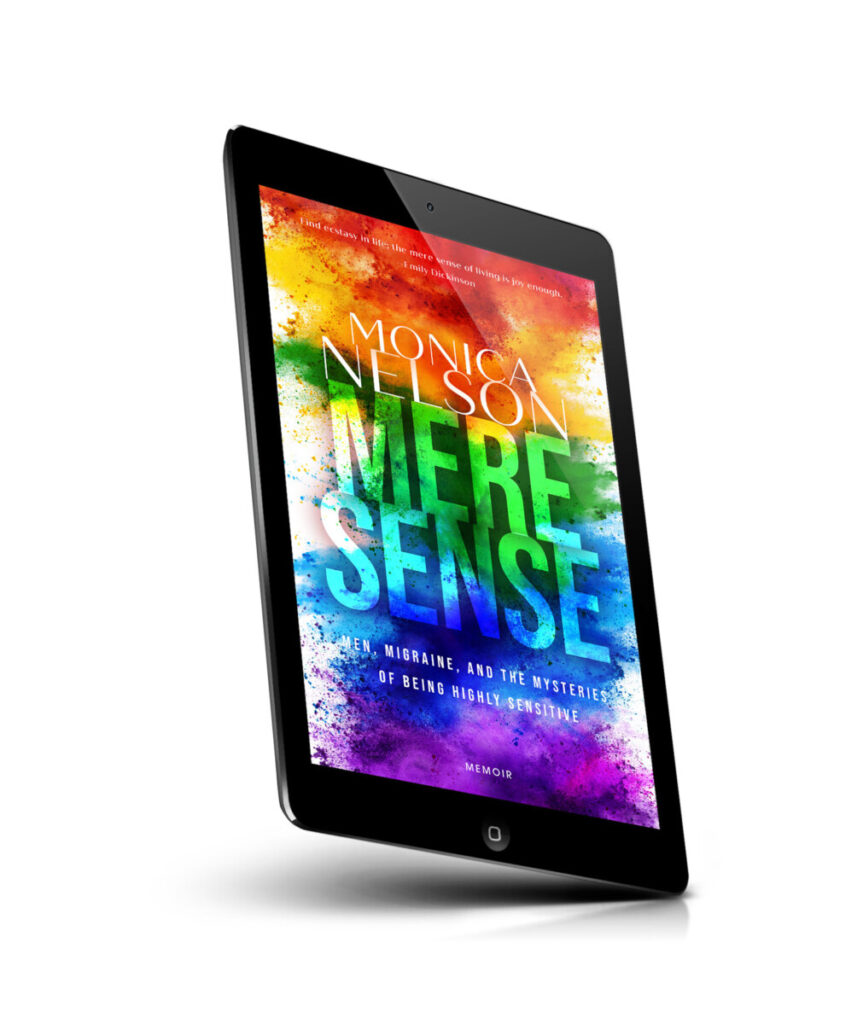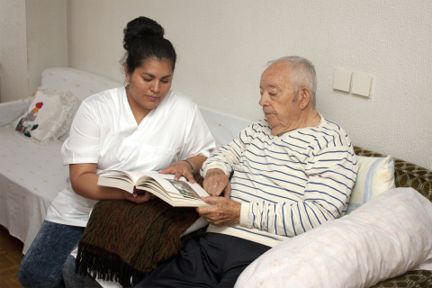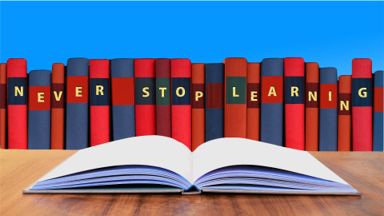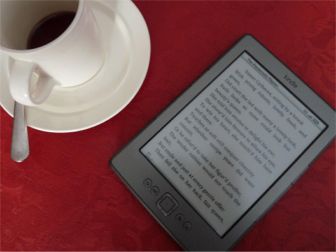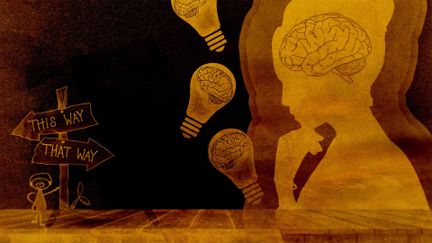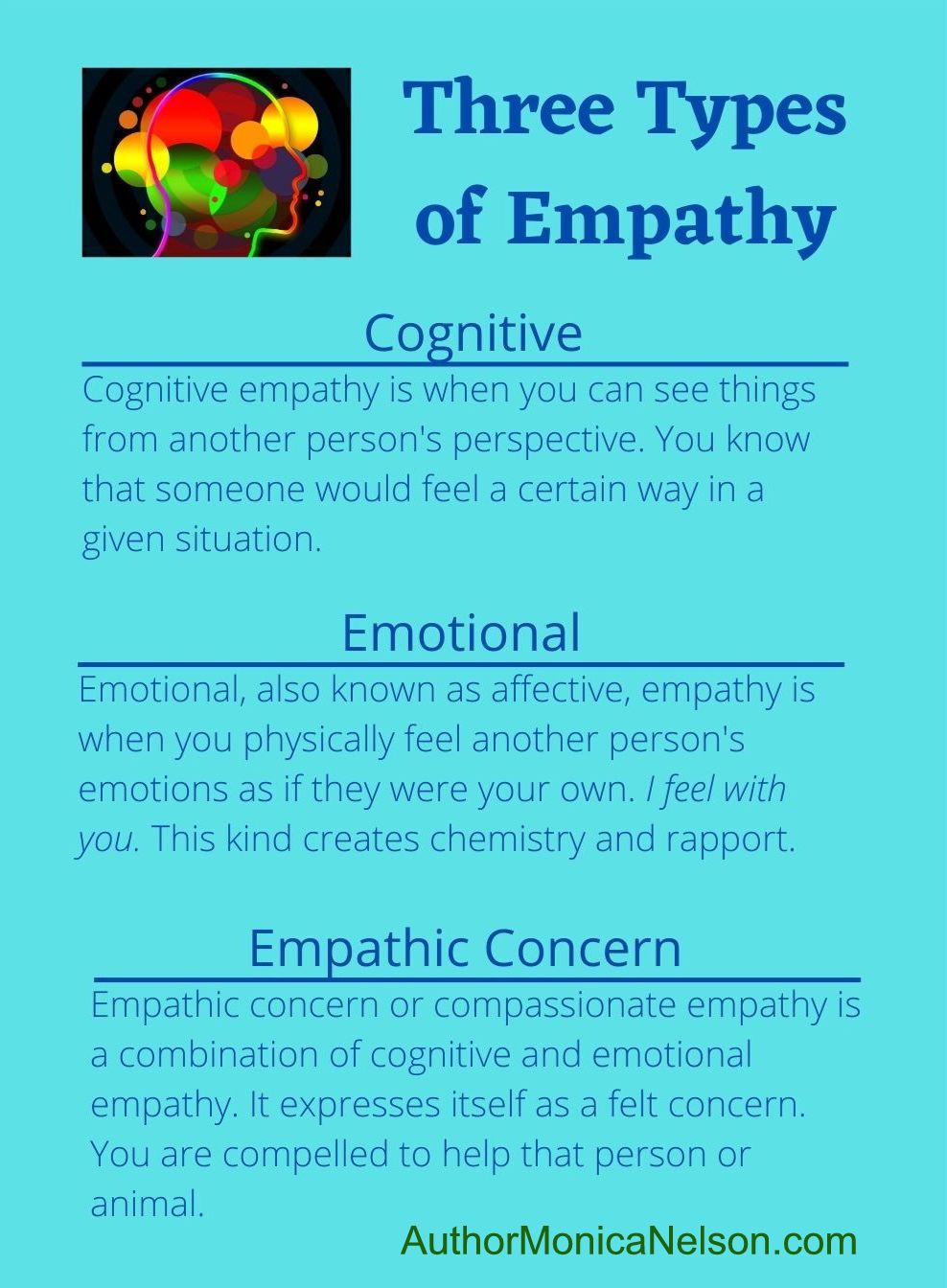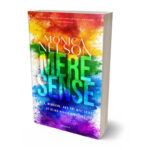We have come to the final post in our series on the benefits of reading. You may think this does not affect you personally, but it does in an indirect way. Reading fosters healthy societal interaction and expansion.
Down through history, from the earliest known facts about our ancestors’ lives, we’ve discovered that story was a very integral part. When our forebears began to speak, they told stories. Evidence of storytelling date back at least 36,000 years ago to the Chauvet cave in France. These markings have been interpreted to tell the tale of a volcanic eruption. These early stories existed to give warnings and instruction, and to record history for future generations.
Storytelling was discovered early in our development as a civilization. And because of its effectiveness in advancing that civilization, it continues to this day.

Empathy Development
Possibly the most important current element of societal advancement is empathy development. Empathy is an emotional state in which we express deep understanding for and share in the feelings of others. We recognize, relate and respond to another’s experience as if it were our own. Through empathy, people are able to create intimate knowledge of that other person, and form a meaningful bond. We support and help one another. Resulting in greater community, and less crime.
Reading encourages reflection and contemplation. Absorbed in story, readers place themselves directly into the character’s troubles, perspective, and problem-solving process. A kind of transference takes place, and the reader unconsciously takes on that character’s feelings.
Cultivating Imagination
Imagination is key to society’s advancement. Geniuses with a great deal of imagination have advanced our quality of life. But you don’t have to be a genius. In all areas of technology and our way of living, imaginative people have introduced improvements.
We all have imagination. I know many people who refuse to accept that they are creative or inventive in any way. What those people need is a boost in their undeveloped creativity. Reading can do that. It expands our minds, and opens them up to new possibilities. As you experience this through the transference mentioned above, your own creativity and innovation begin to work on their own.
Improving Relationships
The world needs more tolerance, compassion, and kindness. Reading has been shown to increase these characteristics. Understanding comes about as a result of empathy. And understanding paves the way for the above-mentioned tenets. All of these are elements of a high emotional quotient (EQ). The higher our EQ, which helps in so many ways, the more we expand these wonderful traits. But the most advantageous facet of it in the way we are featuring it here is relatability to one another. We simply get along better.
All these traits above help us to contribute to our world and become better citizens. Reading is a vital part of helping each of us add our own special aspects relating to our fellow humans. With so many benefits, you can indulge in the pleasant pastime that is reading while strengthening the society in which you live.
Copyright 2022, Monica Nelson
Coming Soon – FREE Download Day!
Mark your calendars on July 18, 2022. On this day, Mere Sense, a Memoir of Men, Migraine and the Mysteries of Being Highly Sensitive is free to download from Amazon. Be sure to use the “$0.00 to buy” link, as the Kindle Unlimited link is a paid service.
Don’t miss out!

